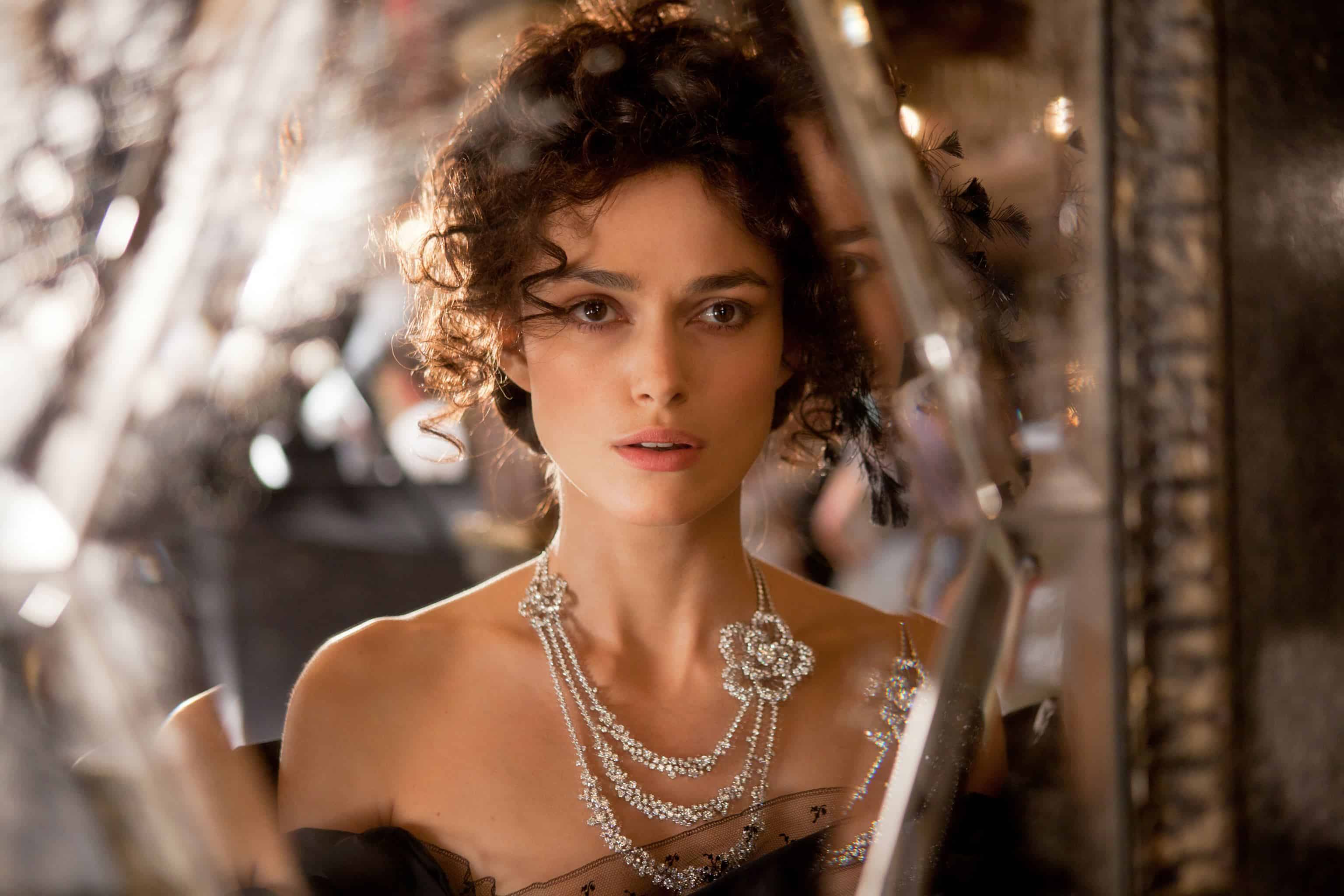The much-anticipated adaptation of Leo Tolstoy’s Anna Karenina (Dir. Joe Wright) uses wonderful symbolic elements to reconstruct the heart-wrenching classic novel.
Set in nineteenth century Russia, Anna Karenina (Kiera Knightley), a wealthy aristocratic wife, has a heated affair with a high-ranking military official named Alexei Vronsky (Aaron Taylor Johnson). This affair continues even after her cold, emotionless husband Karenin (Jude Law) finds out about his wife’s lover.
Wright and screenwriter Tom Stoppard do a phenomenal job of putting their own twist on a well-known and much loved novel. The entire film takes place against the backdrop of an abandoned theatre, as though the characters are putting on a play that they do not know is unfolding. Intimate, personal scenes between characters take place in the mezzanine of the theatre, and the settings of all the lavish parties are merely cardboard paintings. With every new scene, the background characters change the cardboard backdrops in an almost mechanical fashion, and the characters walk on and off stage accordingly.
Anna Karenina is infused with a profound symbolism that becomes increasingly apparent as the plot begins to unravel. Particularly effective are the shots of churning train wheels, which become more frequent as Anna starts to come undone. In another poignant scene towards the end of the film, Karenin is seen playing with his children in the very field in which Anna and Alexei have made love.
Kiera Knightley is just as good as the vulnerable, insecure Anna Karenina as she was in the film adaptation of Pride and Prejudice, in which she played the strong, determined Elizabeth Bennet. The chemistry between Anna and Alexei is undeniable and charged with electricity, bringing their desire to life. Knightley and Taylor-Johnson make the love between Alexei and Anna palpable, prompting the audience to question the social constructions of love, desire, and marriage that still exist today.
In spite of the length of the novel, Stoppard managed to stay true to the many themes that Tolstoy injected into the plot, such as the importance of true love, family bonds, forgiveness and even social change. Yet the plot never feels rushed or over-saturated. The beauty of this adaptation of Anna Karenina lies in the fact that it can stand on its own. With or without Tolstoy’s novel as inspiration, the film would leave the audience entirely enthralled by Anna’s moving story and tragic fate.


